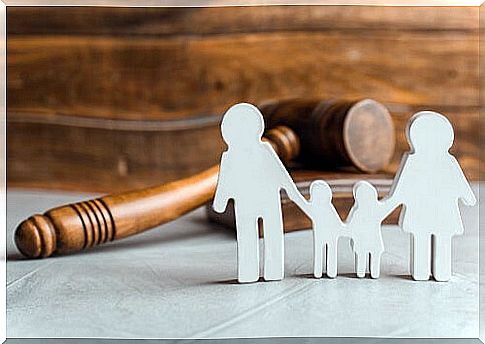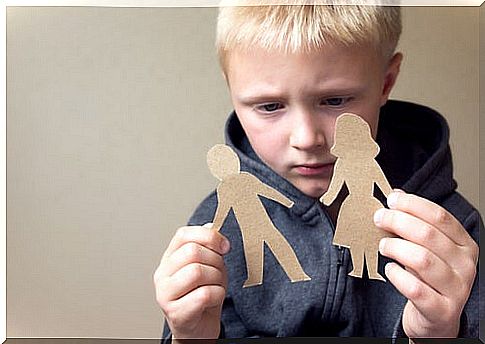Legal Aspects Of Joint Custody

The legal aspects of joint custody revolve around several rules that structure them. First of all, it is important to refer to the concept of parental authority. That is, to the rights and duties that a parent has over a child by virtue of being one. On the other hand, the idea of guardianship and custody arises: the right and duty to care for the children and have them in their company.
As a rule, both notions coincide in the figure of father or mother. That is to say, at the same time that the parental authority is held, there is also the guardianship and custody of the children. Although this does not necessarily have to be the case.
In certain cases , the minor may have parental authority, but not guardianship and custody. However, when parental authority is lost, guardianship and custody are also lost.

After a breakup: derived from custody and custody
As stated in article 92 of the Civil Code, “separation, annulment and divorce do not exempt parents from their obligations to their children. ” The law seeks and tries to impose that the measures to be taken after a break-up affect the children as little as possible.
These obligations mentioned by law are those arising from parental authority. So they affect both spouses equally, regardless of what is decided in the regulatory agreement. For example, both would maintain their obligations even if one was left to care for the children (guardianship and custody), and the other was subjected to a visitation regime.
Shared custody
As mentioned above, custody – independent concept of parental authority – refers to the fact of living, caring for and assisting children. There are two types of guardianship and custody, in reference to cases of separation and divorce:
- Exclusive. It is attributed only to one of the spouses, the one who has his children under his roof; there is a visitation regime in favor of the other parent.
- Shared. It is about keeping the principle of parental co-responsibility in force while maintaining the full exercise of parental authority.
The Civil Code has not regulated the figure of shared custody until Law 15/2005 of July 8. This modified article 92 of the Civil Code, introducing a new section 5.
Legal aspects of joint custody
The legal aspects of joint custody, as mentioned at the beginning of the article, are based on several rules that it is essential to understand. In the first place, it proceeds when the two spouses agree to it in the regulatory agreement or in any other stage of the separation or divorce procedure.
Furthermore, this agreement must be accepted by the court. For this to happen, the proposal must be duly substantiated for the benefit of the children. In other words, joint custody should be an option that benefits the minor child or children in the first place. If the proposed agreement does not make this sense, it will not be approved and it will not be carried out. In addition, if the judge were to notice the existence, through well-founded indications, of domestic violence, he will not admit joint custody either.
Indeed, there are no guidelines for how joint custody can be put into practice on the grounds of benefiting the minor. In the end, the reality is that children in this situation live for a time with one of their parents and then with the other. A fact that fosters instability and destroys any idea of protecting the interests of the minor.
Part of the doctrine considers that leaving the minor in the hands of only one of the parents, although the exercise of parental authority is exercised by both together, can be much more favorable.

For this reason, possibly motivated by this theory, the children of legal age are left free to decide what to do. That is, if they do not want to live in joint custody, they can choose with which of the two parents to live permanently. They are rights of the age of majority.








